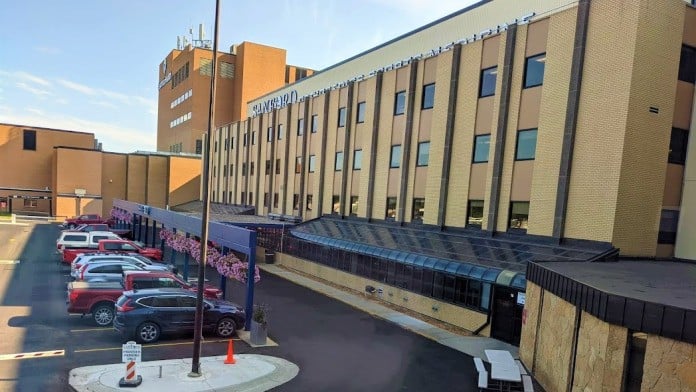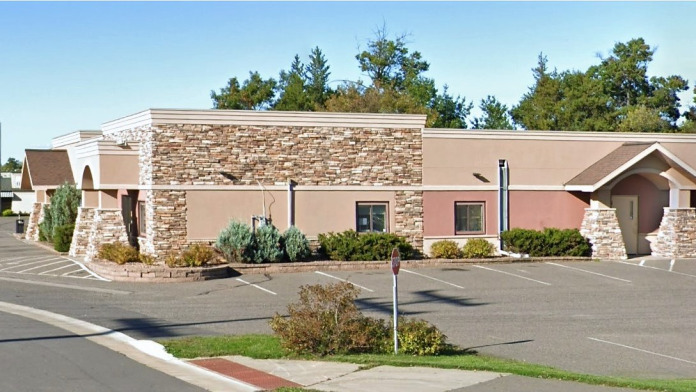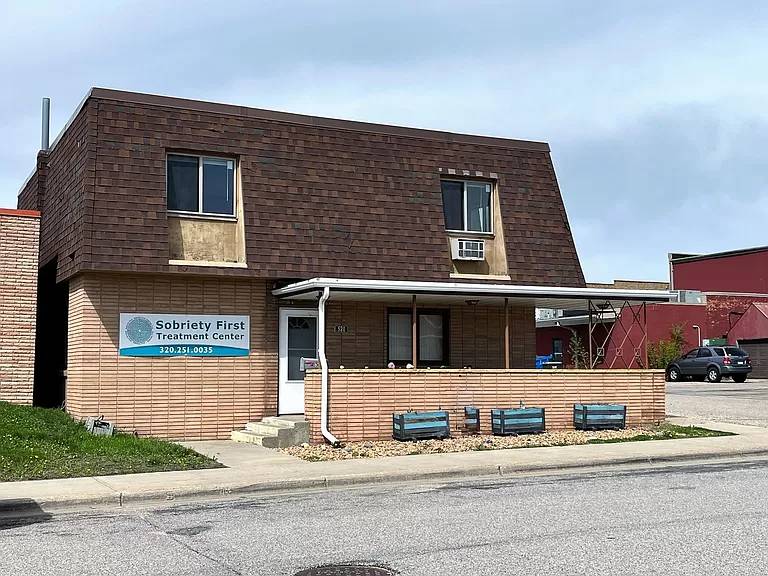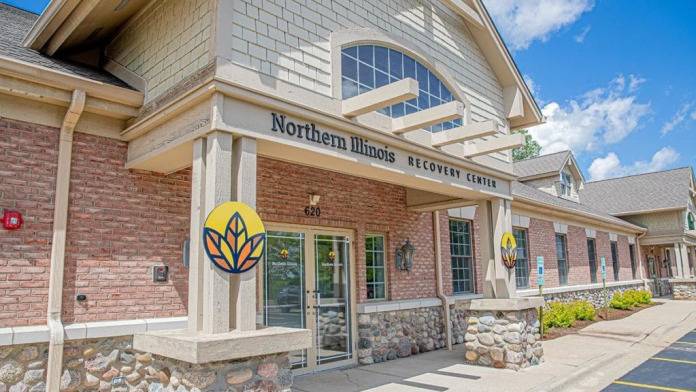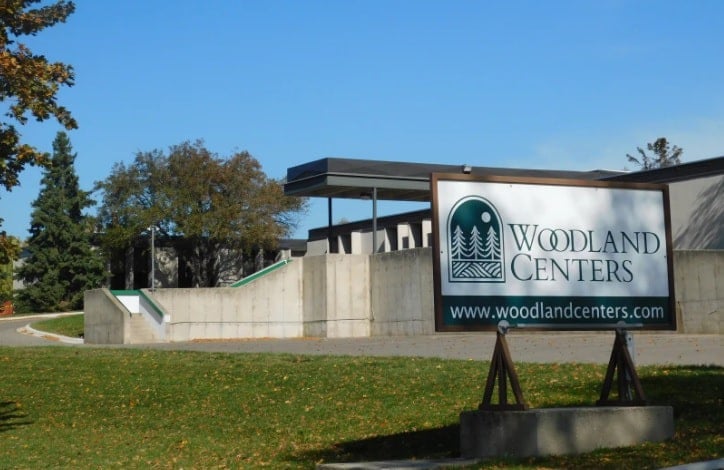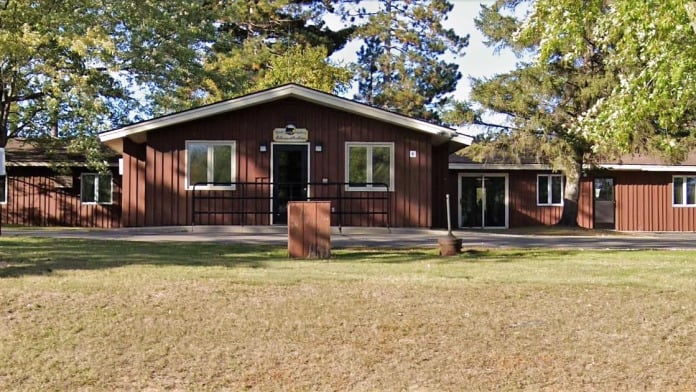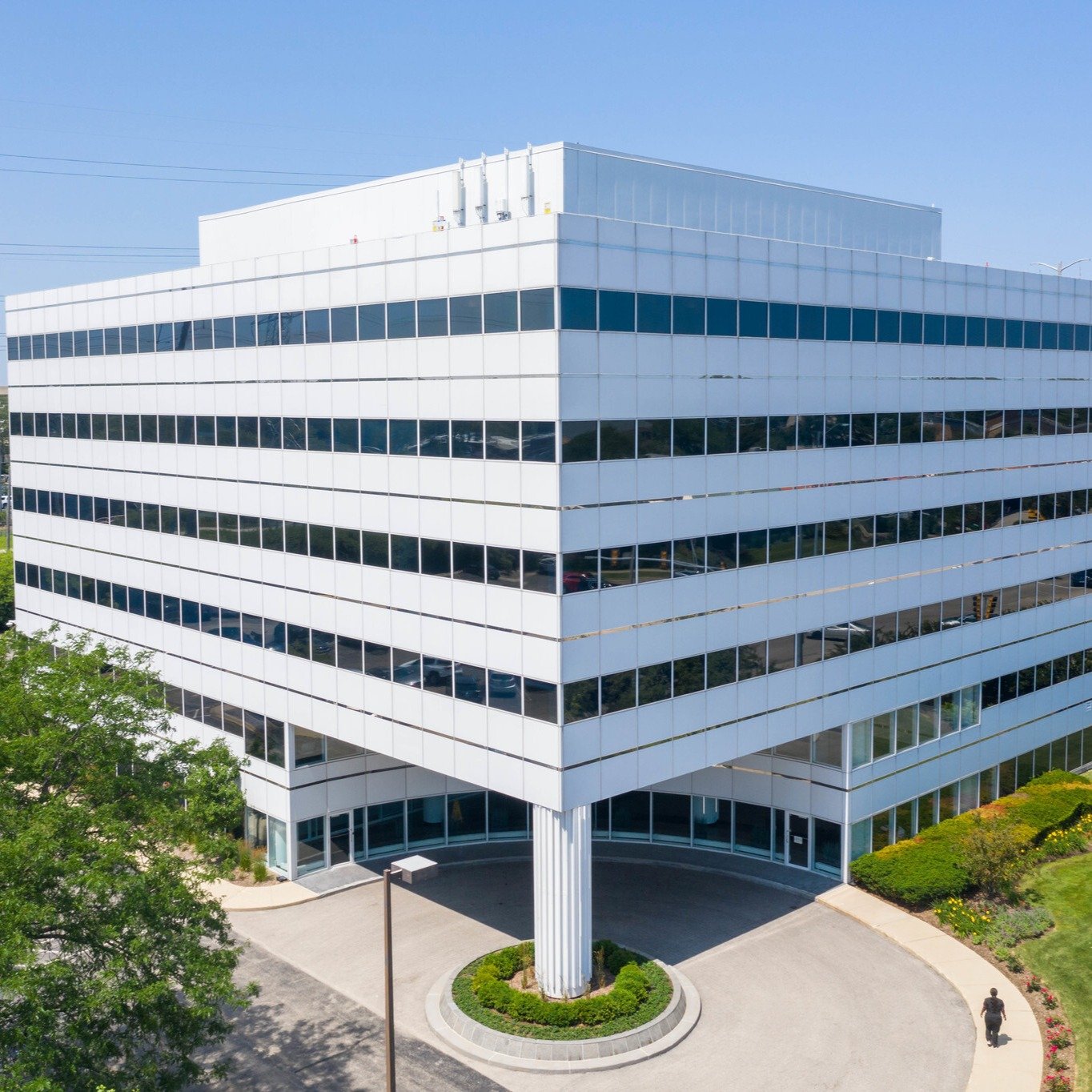About Nystrom & Associates – Fergus Falls
Nystrom & Associates’ Fergus Falls Clinic offers compassionate, flexible outpatient behavioral health services for individuals and families across Otter Tail County, Minnesota.
They’re located along Friberg Avenue on Fergus Falls just a mile northeast of the Otter Tail County Courthouse and two miles northwest of the Riverview Waterfall Sanctuary. With a strong emphasis on inclusiveness, they serve individuals from diverse backgrounds and unique challenges including trauma survivors, LGBTQ+ members and those facing legal difficulties.
From common struggles like depression, stress and anger to trauma, eating disorders and other complex challenges, these experts provide dedicated support that ensures optimal recovery outcomes. They even offer couples and family therapy focused on healing relationships, improving communication and strengthening support systems.
They accept nearly every insurance including Medicare and Medicaid to keep costs low and ensure greater accessibility. An income-based sliding fee scale is available for the uninsured, ensuring no one is denied care due to an inability to pay. A near-perfect 4.8-star rating and heartfelt praise from past clients reflect the center’s consistent excellence.
Evidence-based Substance Use Recovery
Adults and adolescents facing substance use challenges alongside co-occurring mental health conditions receive expert care tailored to support lifelong abstinence and recovery. Services span comprehensive assessment, individualized care planning and therapeutic support that encourages emotional resilience through the development of effective coping skills and strategies for relapse prevention.
In addition to counseling, you’ll receive psychiatric medication management to address co-occurring disorders and stabilize mood.
An intensive outpatient program (IOP) is also available if you seek more structured and deeper therapeutic support to aid healing. All through your healing journey, you’ll enjoy the support and guidance of peer specialists.
These experts leverage their lived experiences in recovery to offer encouragement, practical advice and hope that lasting change is possible. They’ll even connect you to community resources to address needs like housing, employment and transportation alongside other essentials that ensure sustained stability as you move forward.
Court-Ordered Services
As part of the broader Nystrom & Associates network, this facility is state-approved to provide assessment, education and treatment support for individuals facing legal challenges. Their specialized, evidence-based education program “Driving With Care” supports DWI/DUI offenders and adolescents aged 18 to 21 charged with underage drinking and driving.
With an emphasis on reducing recidivism, the program encourages accountability, responsible living and relapse prevention. Referral is accepted from correctional offices and the courts.
Latest Reviews
Rehab Score
Location
Addiction Treatments
Levels of Care
At certain points in the recovery process, it's important to have support available 24/7. 24-hour clinical care offers a safe environment in which to recover from drug or alcohol addiction in peace, knowing medical detox and other treatment will happen with professionals on hand.
Treatments
The goal of treatment for alcoholism is abstinence. Those with poor social support, poor motivation, or psychiatric disorders tend to relapse within a few years of treatment. For these people, success is measured by longer periods of abstinence, reduced use of alcohol, better health, and improved social functioning. Recovery and Maintenance are usually based on 12 step programs and AA meetings.
Drug addiction is defined as an inability to stop using drugs even though it causes negative consequences in your life. Drug rehab in Minnesota provides treatment for drug addiction in a variety of settings including inpatient treatment and outpatient treatment.
Many of those suffering from addiction also suffer from mental or emotional illnesses like schizophrenia, bipolar disorder, depression, or anxiety disorders. Rehab and other substance abuse facilities treating those with a dual diagnosis or co-occurring disorder administer psychiatric treatment to address the person's mental health issue in addition to drug and alcohol rehabilitation.
A combined mental health and substance abuse rehab has the staff and resources available to handle individuals with both mental health and substance abuse issues. It can be challenging to determine where a specific symptom stems from (a mental health issue or an issue related to substance abuse), so mental health and substance abuse professionals are helpful in detangling symptoms and keeping treatment on track.
Opioid rehabs specialize in supporting those recovering from opioid addiction. They treat those suffering from addiction to illegal opioids like heroin, as well as prescription drugs like oxycodone. These centers typically combine both physical as well as mental and emotional support to help stop addiction. Physical support often includes medical detox and subsequent medical support (including medication), and mental support includes in-depth therapy to address the underlying causes of addiction.
Clinical Services
Experiential therapy is a form of therapy in which clients are encouraged to surface and work through subconscious issues by engaging in real-time experiences. Experiential therapy departs from traditional talk therapy by involving the body, and having clients engage in activities, movements, and physical and emotional expression. This can involve role-play or using props (which can include other people). Experiential therapy can help people process trauma, memories, and emotion quickly, deeply, and in a lasting fashion, leading to substantial and impactful healing.
Research clearly demonstrates that recovery is far more successful and sustainable when loved ones like family members participate in rehab and substance abuse treatment. Genetic factors may be at play when it comes to drug and alcohol addiction, as well as mental health issues. Family dynamics often play a critical role in addiction triggers, and if properly educated, family members can be a strong source of support when it comes to rehabilitation.
Group therapy is any therapeutic work that happens in a group (not one-on-one). There are a number of different group therapy modalities, including support groups, experiential therapy, psycho-education, and more. Group therapy involves treatment as well as processing interaction between group members.
In individual therapy, a patient meets one-on-one with a trained psychologist or counselor. Therapy is a pivotal part of effective substance abuse treatment, as it often covers root causes of addiction, including challenges faced by the patient in their social, family, and work/school life.
Life skills trainings involve all the skills a person must have in order to function successfully in the world. These include time management, career guidance, money management, and effective communication. Truly successful addiction recovery is based on the ability to not only live substance-free, but to thrive. Life skills teaches the practical necessities of functioning in society, which sets clients up for success in life, and therefore sobriety.
Trauma therapy addresses traumatic incidents from a client's past that are likely affecting their present-day experience. Trauma is often one of the primary triggers and potential causes of addiction, and can stem from child sexual abuse, domestic violence, having a parent with a mental illness, losing one or both parents at a young age, teenage or adult sexual assault, or any number of other factors. The purpose of trauma therapy is to allow a patient to process trauma and move through and past it, with the help of trained and compassionate mental health professionals.
Amenities
-
Residential Setting
-
Lakeside
Contact Information
119 Friberg Ave
Suite B
Fergus Falls, MN 56537

